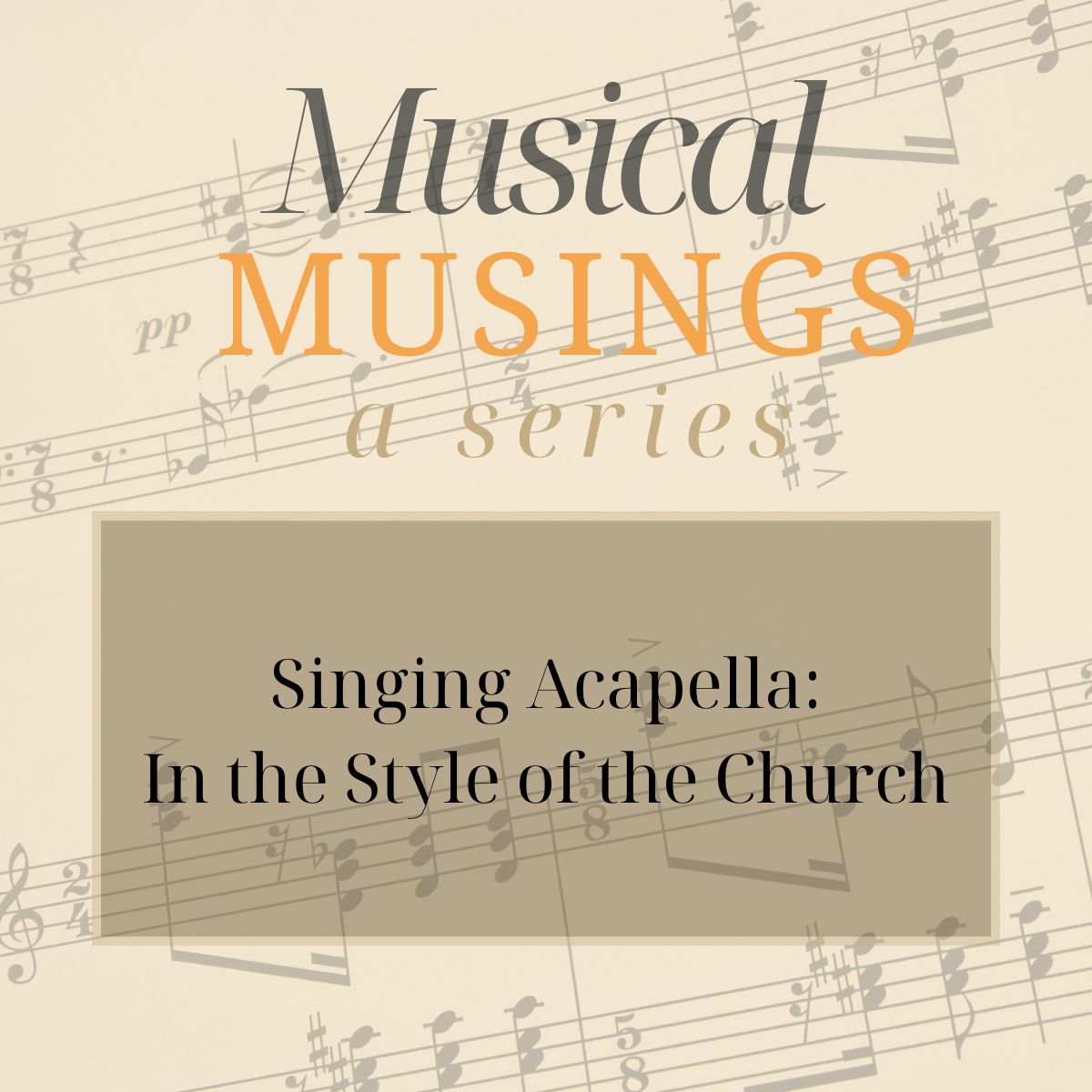
“Nothing is more conducive to a communion with the living God than a meditative common prayer with, as its high point, singing that never ends and that continues in the silence of one’s heart when one is alone again.” – Brother Roger of Taizé
If you attend either parish in our collaborative regularly at the Saturday afternoon Mass, I’m sure you noticed something different this past week. In an effort to better serve the whole of the collaborative community, I had the pleasure of worshiping with the 4:00 MBS community… which of course left me unable to be with the Incarnation 4:30 Mass. The community in Wakefield was welcoming and appreciative to have liturgical music again in what has been an underserved ministry in recent years, while Incarnation felt the “pinch” of going without an accompanist for the weekend. (This is in no way to diminish the work of our cantor, Rosemary, who led the congregation in song in my absence with grace and skill. Many thanks for your hard work and dedication, always.)
It is my intention and desire to help foster as robust and vibrant music ministry experience as humanly possible. Unfortunately, being physically present at both of these services goes beyond those “humanly possible” limitations. Therefore, I am left with the predicament of determining how to provide for the best remaining option in my absence. I hope to someday find another accompanist capable of providing piano or organ music to support a cantor in leading sung worship when I am away (and if this is you, then please let me know immediately,) but until then, one Mass is either left without accompaniment or without music at all.
One of the main arguments for our use of the chant setting for the Ordinary of the Mass (Kyrie, Gloria, Sanctus, etc.) is that it does nor rely on the accompaniment to be musically “complete” – it was originally sung accapella (literally “in the style of the church”) and does not lean on any instrumental support. It can be lead by a cantor or the presider without any additional prompting from the keyboard. These also hold “pride of place” in our liturgical tradition; chant was designed for and fostered by the Church and is the backbone of all Western musical styles and genres, and as such a universal thread that weaves through all of the Church’s communities throughout the world. Everyone can sing it. There is no right or wrong key, no prescribed tempo. As long as we can join our voices together, we’re doing it right.
Playing the piano and singing are only a small part of my ministry. The greater task I face as a Director of Music Ministry is to direct – to instruct and empower our choir, cantors, instrumentalists, and congregations to take up the mantle of music ministry. This includes you. If there is no accompanist, or even no cantor, you are encouraged (and capable!) to participate fully and actively in singing “in the style of the Church.” I believe in you. Sing boldly and with conviction!
Please accept this invitation to participate more fully, more actively, in our parish’s music ministry. If you are interested in singing in the choir, leading the congregation as a cantor,
or enriching our liturgy as an instrumentalist, email Shawn Gelzleichter at sgelzleichter@gmail.com or call the rectory at 781-662-8844.